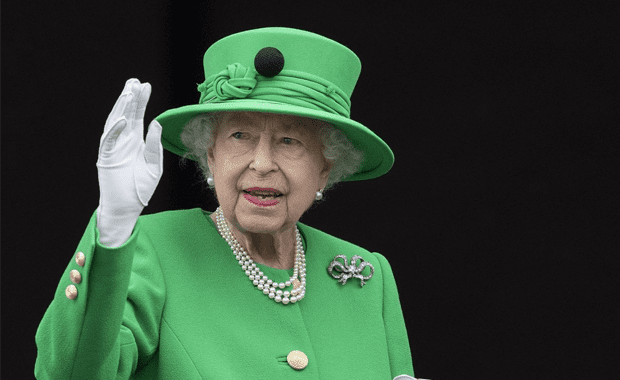Whenever we have a Queen’s Speech, the focus is invariably on what it contains – rather than what’s missing.
Yesterday, however, was an exception. As well as the Queen herself being absent, for the first time in nearly 50 years, the sovereign’s throne was not merely empty but had been moved elsewhere.
In the monarch’s absence, the Prince of Wales moved off the substitute’s bench and into, in effect, the early stages of regency mode – so it was a field-day for historians in general and constitutional experts in particular.
Other conspicuous absentees, of course, included Government references to the ‘cost-of-living crisis’ which the Chancellor had sought, but failed, to adequately address in the last set-piece Parliamentary event – his Spring Statement.
Indeed, when Rishi Sunak sat down after delivering that speech, the immediate comments of Opposition backbenchers (“Is that it?”) caught the public and Parliamentary mood much better than the formal response from the Shadow Chancellor – Rachel Reeves.
It was also the moment at which the political fortunes of the Chancellor – previously famed for his “whatever it takes” approach – began their downward spiral.
It’s noticeable, however, that few people have been posing the same “Is that it?” question after yesterday’s Queen’s Speech – for two main reasons.
First, there’s a recognition (behind the rhetoric) that financial, tax and cost-of-living issues are addressed in Budgets, Spring Statements and Finance Bills, rather than a ‘Gracious Speech’.
Second, the Speech, although shorter than normal, contained much more political and legislative ‘meat’ than might have been expected – not only for a mid-term government but for a governing party that has been in power (either independently or in coalition) for the past 12 years. There is clearly much that it still wants and needs to do.
In part, it’s about playing catch-up after the statis of the Theresa May years, when the government lost its majority and became preoccupied with trying (but failing) to deliver on the result of the Brexit referendum. Since then, the challenge of handling the pandemic has been her successor’s overwhelming priority – to the exclusion, domestically, of almost everything else. More positively, though, there’s the ‘levelling up’ agenda that the Prime Minister regards as essential to retain the ‘Red Wall’ seats that he won so unexpectedly in 2019’s General Election.
Together, those delays, diversions and political imperatives explain why the Queen’s Speech outlined not only a surprisingly large number of Bills (38) but some measures of real significance.
For example: the Energy Security Bill will hasten the UK’s transition to cleaner electricity and greater energy independence; the Financial Services and Markets Bill will create a new regulatory regime, in conjunction with some upcoming and important reforms from the Financial Conduct Authority; and the Procurement Bill will have a low profile but could affect vast swathes of public expenditure – creating new commercial opportunities, in the process, for many small and medium-sized suppliers.
Above all, perhaps, housing, local government and levelling up, taken together, account for a sizeable proportion of the legislation outlined in Parliament yesterday. Perhaps that’s hardly surprising, in view of the political importance (especially to the Prime Minister) of levelling up and the extent to which many Conservatives fear that housing issues are becoming increasingly toxic for them, especially in London – as last week’s local elections seemed to confirm.
It means a bigger role for the Secretary of State for Levelling Up, Housing and Communities – Michael Gove. Inside Westminster and Whitehall, he’s renowned both for his radical ideas and his strong record on delivery. Elsewhere, however, he’s still best remembered as the person who sabotaged Boris Johnson’s original bid, in 2016, to enter 10 Downing Street. After yesterday’s Queen’s Speech, the Prime Minister has surely never been more reliant on his former foe.

